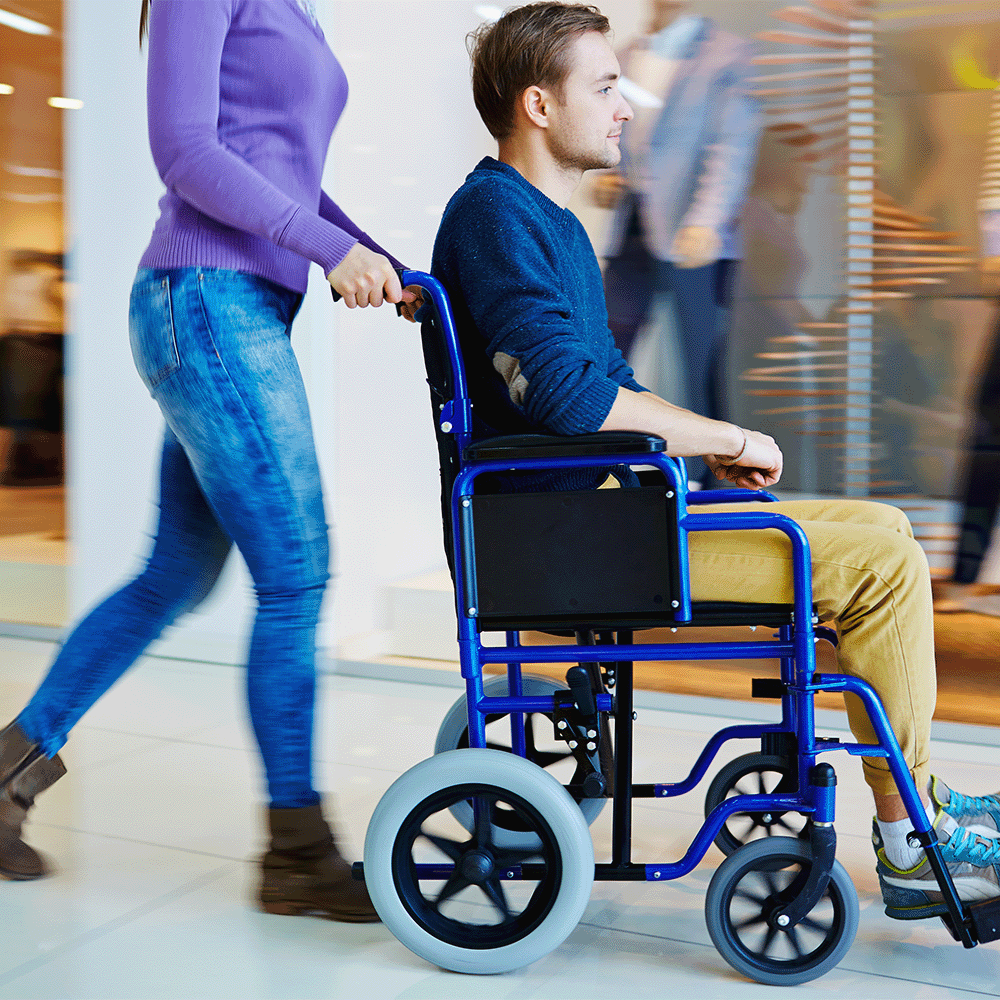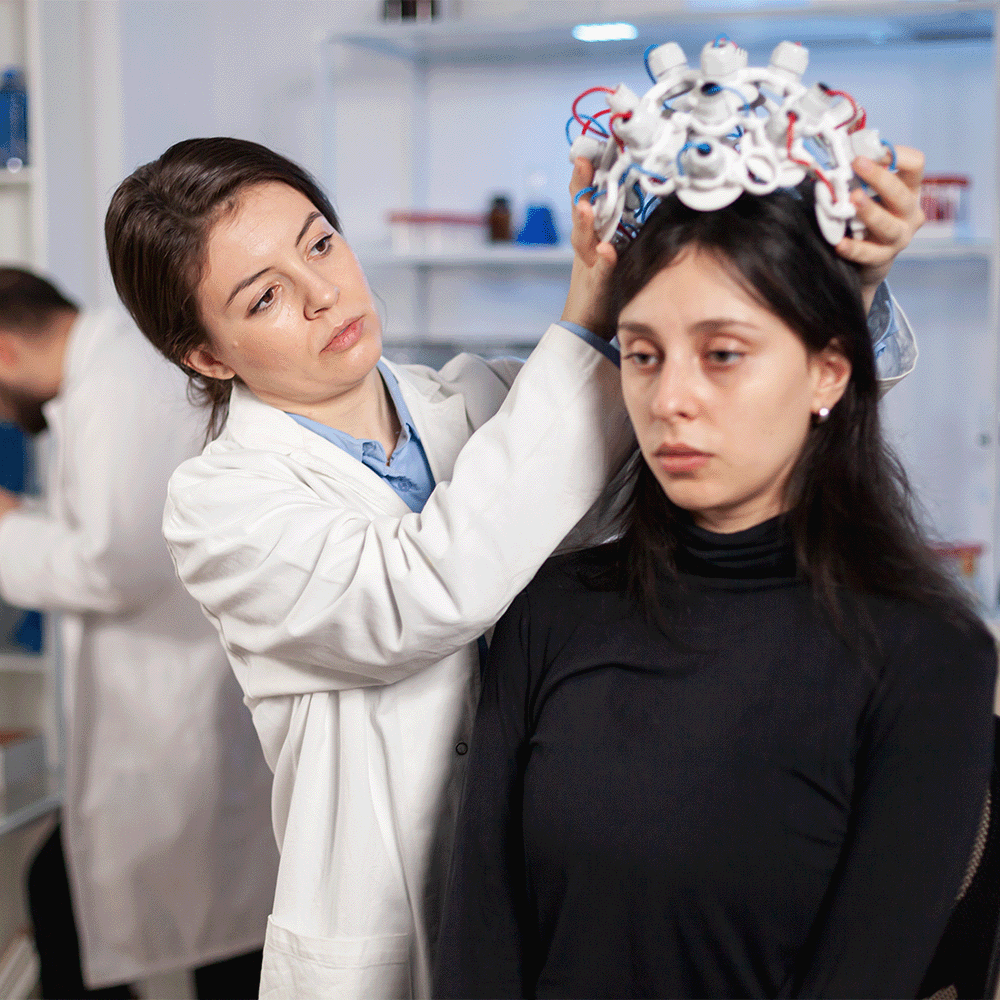Request call back *
DR. (PROF.) KUNAL BAHRANI
MBBS, MD, DM (AIIMS)
Interventional Headache Fellow (FIHN)
FEBN, MRCP (UK), FRCP (Glasg), FRCP (Lon.)
Chairman & Group Director - Neurology
Yatharth Hospital, Sector 20, Faridabad
Dr. Kunal Bahrani MBBS, MD, DM (AIIMS), Interventional Headache Fellow (FIHN), FEBN, MRCP (UK), FRCP (Glasg), FRCP (Lon.) is currently a Chairman & Group Director – Neurology at Yatharth Hospital, Sector 20, Faridabad. He has vast experience of 15 years in the field of Neurology. Dr. Kunal did his MBBS & MD in General Medicine from the prestigious Institute of Medical Sciences, Banaras Hindu University (BHU). Later on pursued his DM Neurology at India’s Premier Medical Institution-AIIMS New Delhi. He is among one of the few Neurologists & only Neurologist in Faridabad / NCR who has been accredited with the international gold standard qualification “MRCP-SCE Neurology” from the Federation of Royal College of Physicians, United Kingdom (UK) & Fellowship of European Board of Neurology “FEBN”. He is a Fellow physician (FRCP) in Royal College of Physicians & Surgeons of Glasgow (RCPSG). He is an expert in a comprehensive range of Neurological Disorders such as Thrombolysis in Acute Stroke, Botox Therapy including Migraine, Epilepsy, Headache disorders, multiple sclerosis, myasthenia gravis, muscle diseases, neuropathy, sleep disorder, neuro-otology, neuro-ophthalmology, spine disorders, etc. Dr. Kunal is an active Member of the Indian Academy of Neurology (IAN). American Academy of Neurology (AAN) & Association of British Neurologists (ABN). He has numerous complex cases to his credit.

Awards & Recognition




Certification & Training








Membership
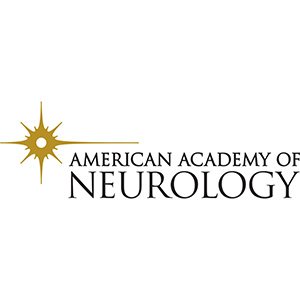
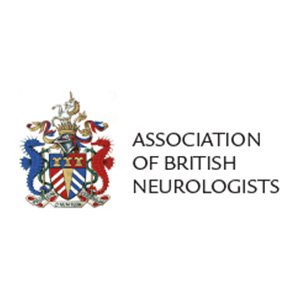
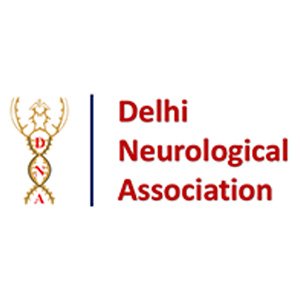
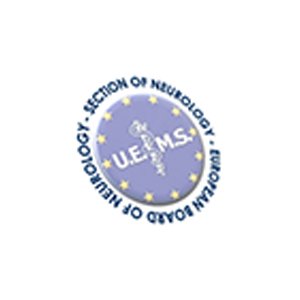
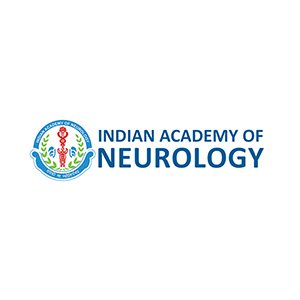
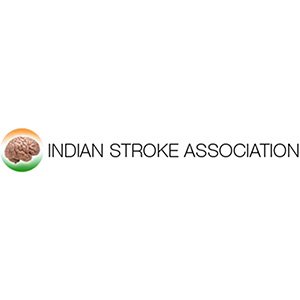
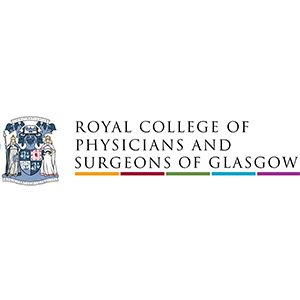
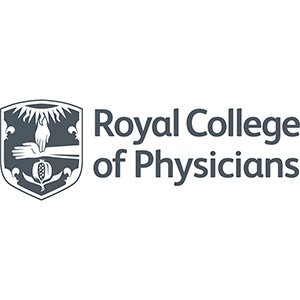
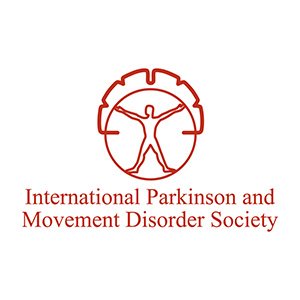
Biography
Dr. Kunal Bahrani
Chairman & Group Director – Neurology, Yatharth Hospital, Sector 20, Faridabad
Director Neurology Mediclub Gyne “N” Neuro Clinic
Career Timeline
- Nov 2025 – Present: Yatharth Hospital, Sector 20, Faridabad – Chairman & Group Director – Neurology
- May 2024- Oct 2025: Marengo Asia Hospitals, Faridabad – Director & Head of Department (HOD) Neurology
- March 2022- May 2024: Fortis Hospital Faridabad – Director & Head of Department (HOD) Neurology
- August 2023- Present: ESIC Medical College, Faridabad – Adjunct Professor Neurology
- February 2018 – March 2022: Asian Institute of Medical Sciences (AIMS), Faridabad – Associate Director HOD Neurology, Senior Consultant
- June 2017 – February 2018 – National Brain Research Centre (NBRC), Manesar – Clinical Assistant Professor
- June 2017 – February 2018 – Paras Hospital Gurgaon –Senior Consultant & Unit Head
- January 2015 – June 2017 – Asian Institute of Medical Sciences (AIMS), Faridabad – Consultant Neurology & Unit Head
- January 2012 – December 2014: All India Institute of Medical Sciences (AIIMS), New Delhi – Senior Resident Neurologist
- June 2011 – December 2011: Vardman Mahavir Medical College (VMMC) & Safdarjung Hospital, Delhi – Senior Resident Neurology
Achievements
- 2023: Awarded with Best Neurology Trailblazer Award of the Year & also successfully moderated session at National Stroke Conclave 2023, Ahmedabad, October 2023.
- 2023: Awarded with ‘Diamond Stroke Angels Award’ by WSO President as a Principal Investigator (PI) for Acute Stroke Management at GSA Conference, G20 Summit.
- 2023: Holds the honourable title of Most Trusted Neurologist in Delhi, NCR, given at APJ Abdul Kalam Inspiration Awards, Vigyan Bhawan.
- 2023: As India’s top Senior Neurologist, received the honour of being an esteemed part of the Top 10 Indian Neurologist 2023 List by Silicon India Magazine list.
- 2023: Received the Fellowship of Royal College of Physician Diploma from FRCP Glasgow.
- 2021: Best Neurologist Dainik Jagran Ayushman Award for Excellence in Healthcare & Medical Services by Union Minister, Delhi
- 2020-21: Invited as a Speaker on various Indian News Channels, Platforms & got various Newspaper articles published on complications of COVID-19, Mucormycosis (Fungal Infection) & management of other complex health issues.
- 2017: Invited as a Speaker on the topic “Stroke & Atrial Fibrillation” in India’s 1st Atrial Fibrillation & Ventricular – Arrhythmia State of Art Symposium, conducted by SSPHPGI, Noida, Delhi.
- 2014: Presented on the topic “Telephonic Review for Outpatients with Epilepsy – A Prospective Randomized, Parallel- Group Study” at 10th Asian & Oceanian Epilepsy Congress (AOEC), Singapore.
- 2014: Bagged Bursary Award from ILAE/IBE Congress to attend & present study on “Feasibility, Patient Acceptability & Efficacy of Follow-up of Stable Epilepsy Patients by Phone – A Randomized Controlled Study” at 10th Asian & Oceanian Epilepsy Congress (AOEC), Singapore. Also, received a financial grant from ICMR for a Dissertation titled “Feasibility, Patient Acceptability & Efficacy of Follow-up of Stable Epilepsy Patients by Phone – A Randomized Controlled Study” done as a part of thesis work at AIIMS, New Delhi.
Academic Background
- 2021: International Board Exam- European Board of Neurology 2021 (UEMS-EBN)
- 2020-21: Specialty Certificate Examination (SCE) Neurology – Royal College of Physicians of the UK Member (MRCPUK)
- 2014: D.M. (Neurology) from AIIMS, New Delhi
- 2011: M.D. (Internal Medicine) from Institute of Medical Sciences, Banaras Hindu University, Varanasi, with 61%
- 2006: M.B.B.S. from Institute of Medical Sciences, Banaras Hindu University, Varanasi with 65.25%
- 2000: 12th from Boys High School, I.C.S.E, Allahabad with 78%
- 1998: 10th from Boys High School, I.C.S.E, Allahabad with 74%
National & International Prestigious Lifetime Membership Held:
- Fellow of the European Board of Neurology (FEBN)
- Royal College of Physicians UK (RCPUK)
- American Academy of Neurology (AAN)
- Association of British Neurologists (ABN)
- Indian Academy of Neurology (IAN)
- The Movement Disorder Society (MODS)
- Delhi Neurological Association (DNA)
- Indian Stroke Association (ISA)
- Alumni of All India Institute of Medical Sciences (AIIMS), New Delhi
- Alumni of Institute of Medical Sciences BHU (IMS), Varanasi
The following conditions are treated by Dr. Kunal Bahrani:
- Treatment of Epilepsy / Seizures
- Treatment of Parkinson’s Disease / Tremor
- Treatment of Headache / Migraine
- Treatment of Memory loss / Dementia
- Treatment of Paralysis / Stroke
- Treatment of Dizziness / Vertigo
- Slowness or Unsteadiness during walking
- Pain or weakness in any part of the body.
Neurological Diseases
Parkinson’s Disease
Neuropathy
Cerebral Palsy
Autism Disorder
Muscle Disorders
Central Nervous System Infections
Multiple Sclerosis
Cervical Pain
Spondylitis
Restless Leg Syndrome
Myasthenia Gravis
Movement Disorder
Bell’s Palsy
Trigeminal Neuralgia
Botulinum Toxin Injections
What our Patients Says
Dr. Bahrani's expertise in neurology is truly commendable. He thoroughly explained my diagnosis and treatment options in a way that I could easily understand, alleviating my worries and uncertainties. Throughout my treatment journey, Dr. Bahrani displayed exceptional professionalism and dedication. His attention to detail and commitment to finding the best possible solution for my condition was evident in every interaction.
I had the privilege of being treated by Dr Kunal Bahrani, and I can confidently say that he is the best neurologist in Faridabad. From the moment I stepped into his clinic, I was greeted with warmth and compassion. Dr Bahrani took the time to listen to my concerns and answered all of my questions patiently, making me feel comfortable and valued as a patient.
One of the best Neurologist in Faridabad, have treated my father-in-law from very complex stoke situation to a healthy workable situation, very reliable and authentic doctor.
I consulted Dr Kunal for my mother who is elderly patient. Nice, organized and professional set up. More importantly Doctor is well versed in his subject and has always been able to diagnose & treat her very effectively.
Dr. Kunal is a very good , soft spoken and gentle doctor. He gives sufficient time to each patient and listen very patiently . I had a good experience with doctor he treated my father very well. Thankyou doctor
Doctor Kunal is a very sincere and good doctor and a person. He listens patiently to all the patient details and gives his best advise. Keep up the noble work for taking care of the patients so well!
Dr. Kunal is one of the best Neurologist in Faridabad. I have visited him multiple times for different patients. You can visit him without a doubt.
It is a great and devine experience under treatment with Dr. KUNAL.. He is a great human being apart from a special doctor. We never get scare. Treats very gently. He listens to you completely and understand issues. He is a great connecting person. Very few people have this inborn skill. My family's best wishes and heartfelt gratitude to Dr. Kunal
I consulted Dr Kunal for my mother who is elderly patient. Nice, organized and professional set up. More importantly Doctor is well versed in his subject and has always been able to diagnose & treat her very effectively. No hesitation in recommending him for those in need of one of the best neurologist in Faridabad. Thank you Doctor !
FAQs
The first appointment with your neurosciences doctor will include questions around your present condition and past medical history. It is required that you bring along all necessary documents like blood reports or a cardiac report, medications that you are taking and a list of questions you want to ask your neurologist. It is possible that your doctor can schedule a physical examination to examine your sensory and motor functions. Try wearing loose fitted clothes for a closer evaluation.
The neurological disorders primarily include diseases of:
Spinal cord
Brain
Nerves
Muscle
The disorders are:
Stroke
Epilepsy
Migraine/ Headaches
Prankison's
Multiple Sclerosis
Brain Tumors
Brain Injuries
Alzheimer’s
Degenerative Spine Disorders
Slip Discs
Spinal Injury
Spinal Tumour, Spinal Deformities
Loss of hearing or speech difficulties
Confusion
Poor cognitive skills
Double vision
Difficulty in vision
Seizures
Difficulty in walking
Severe Headache
Bladder/ Blood Dysfunction
This therapy provides a likelihood of recovery in about 40-50% patients, witnessing that there is a standard protocol for both Ischemic and hemorrhagic stroke with all advanced forms of treatment.
However, in the absence of neurological deficit like weakness in the limbs, loss of sensation, bowel/bladder disturbances, you should opt for a trial of adequate conservative management- the period of which is normally 3 weeks to 3 months. Conservative therapy can be in the form of analgesics, physiotherapy and lifestyle changes. Despite that, if the pain persists or if there is progression of symptoms, then surgery is advised. Indications for surgery include:
Onset of a new neurological deficit.
Bowel / Bladder problems
Failure of adequate conservative trial
Neurogenic intermittent claudication (pain, tingling & numbness in legs while walking)
Intractable back pain interfering with activities of daily living.
bending awkwardly
Jobs that involve heavy or awkward lifting
Jobs that involve lots of sitting, particularly driving
being overweight or obese
Weight bearing sports, such as weightlifting
A traumatic injury to your back, such as a fall or accident
An initial treatment will usually involve a combination of physiotherapy and medication to relieve the pain. Though in some severe cases like if the pain continues for more than 6 weeks, surgery may also be recommended to release the compressed nerve and remove a part of slipped disc.
- Tremor (shaking of limbs)
- Bradykinesia(slowness of activities)
- Change in gait (walking)
- Instability or tendency to fall and rigidity
- Stooped posture
The progression of these symptoms is variable in each patient and usually extends over 5-10 years. People with Parkinson's who seek expert care have better outcomes. They are at a lower risk of complications, have a better quality of life and even live longer. Parkinson’s is a life altering disease but not life threatening. If left untreated it can negatively impact the quality of life.









































